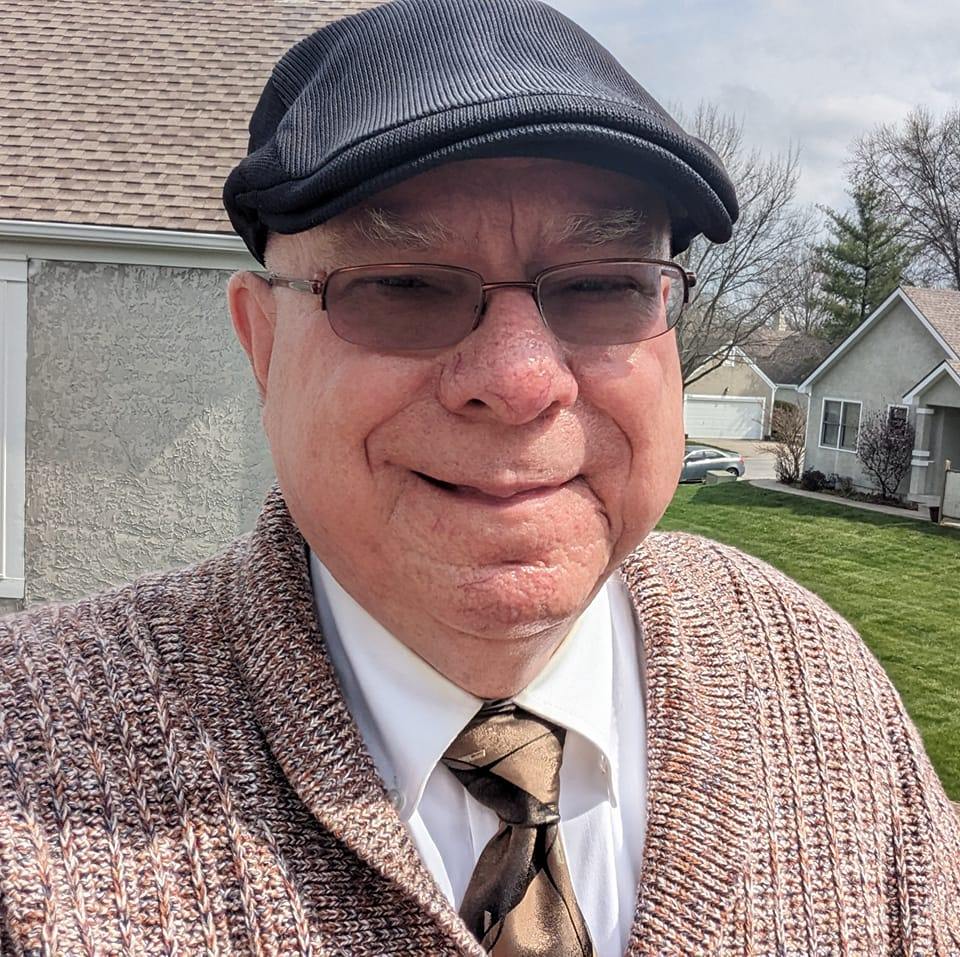Women and Addiction (Part 2)
 In our previous installment, we introduced the July 2002 Caron Foundation report, “Women & Addiction: Gender Issues in Abuse and Treatment.” In discussing the first part of this report, we paid particular attention to the some of the trends related to addiction among women and some of the reasons women become addicted. Now we will turn to what the researchers have learned about women and addiction treatment and explore some of the challenges they face in getting help to overcome addiction.
In our previous installment, we introduced the July 2002 Caron Foundation report, “Women & Addiction: Gender Issues in Abuse and Treatment.” In discussing the first part of this report, we paid particular attention to the some of the trends related to addiction among women and some of the reasons women become addicted. Now we will turn to what the researchers have learned about women and addiction treatment and explore some of the challenges they face in getting help to overcome addiction.
A. Limited Access to Services — The Caron Foundation study found that only about one third of women who want addiction treatment are able to get it. We face a time of great cutbacks in the willingness of insurance companies to pay for treatment services. Even those who do cover it, rarely pay for more than two weeks of inpatient programs. Meanwhile, for those without insurance, most government-sponsored programs have long waiting lists that discourage most from seeking the help they need.
B. Gender Differences in Attitudes Toward Treatment – Men are more likely than women to become involved with treatment for addiction. This is partly because men are more likely to experience legal problems or trouble on the job because of their drinking or drug use. As a result, the focus for the need of treatment and counseling tends to be on the male adult in the family. Meanwhile, the addiction of the female adult family member may not be detected. Women usually do most of their drinking and drug use in private, so their problems may not be as immediately apparent. For a variety of reasons, women have a very difficult time when it comes to admitting an addition problem. They are more likely to look to a mental health profession, instead of an addictions counselor, to deal with problems in their lives. Admitting to addiction is sometimes considered more shameful for women than it is for men.
C. How Relationships Affect a Woman’s Decision to Seek Help —Women function in the context of a complex web of relationships that includes both their male partners, their children, and their parents and siblings. For instance, women addicts are more likely to receive the money they use for alcohol and drugs from their parents than are men. There is a real tendency for family members to protect and make excuses for the female addict. It is interesting to note that women are usually more supportive of their men seeking treatment, while men are usually not as likely to be supportive of female partners seeking treatment. This is an important point, since many of the female addicts seeking help at rescue missions probably will have a male partner out there who is actively discouraging them from seeking help.
D. Issues Related to Children – Fear of losing their children is often a reason many women do not want to admit to having an addiction problem. This same fear can be a very significant motivation for completing treatment and seeking a life of sobriety. Residential programs that allow female addicts to have their children remain with them while in treatment have much higher rate of success than programs that do not provide living arrangements for children. One study found that six months after completing a treatment program, women assigned to live with their children were more likely than the other women to report abstinence from drugs and alcohol, involvement in aftercare or support groups, employment, custody of children, and no arrests or incarceration. An important ministry for rescue missions is providing supportive family-oriented housing for women while they participate in either an in-house or outpatient treatment program.
E. Gender Specific Programs Recent studies confirm what rescue missions have known all along; women do better in treatment programs that are gender specific. In mixed gender programs, women tend to take a “back seat” to the men and are less likely to share their own struggles. Additionally, the research shows that female addicts do better with female counselors. This is especially true for counselors from whom they sense a great deal of caring and those with whom they have developed a significant level of trust.
F. Specialized Services for Women — To be successful with addicted women, a variety of specialized services are needed. These may include:
- Food, clothing and shelter
- Transportation to treatment
- Child care during treatment
- Job counseling and training
- Legal assistance
- Literacy training and other educational skills
- Parenting skills training
- Family and couples therapy
- Medical care and family planning services
- Social support services
- Psychiatric assessment and mental health services
While most rescue missions are not able to offer all of these programs in-house, they can accomplish this by developing a good referral network and bringing in resources from the local community.
“Women & Addiction: Gender Issues in Abuse and Treatment “is available online at:
https://www.caron.org/pdf/Wmn&Addctn-GenderIssues.pdf.



